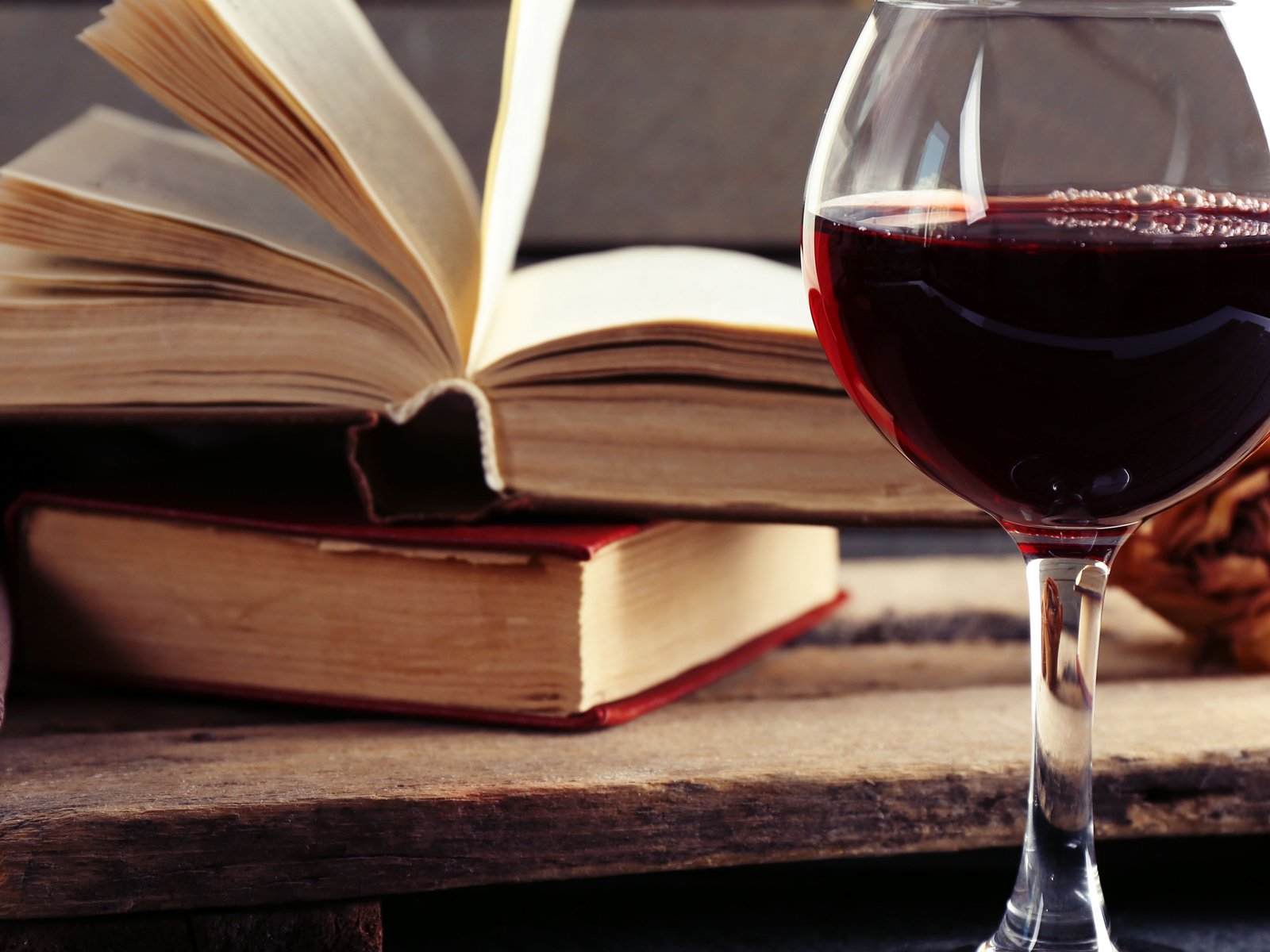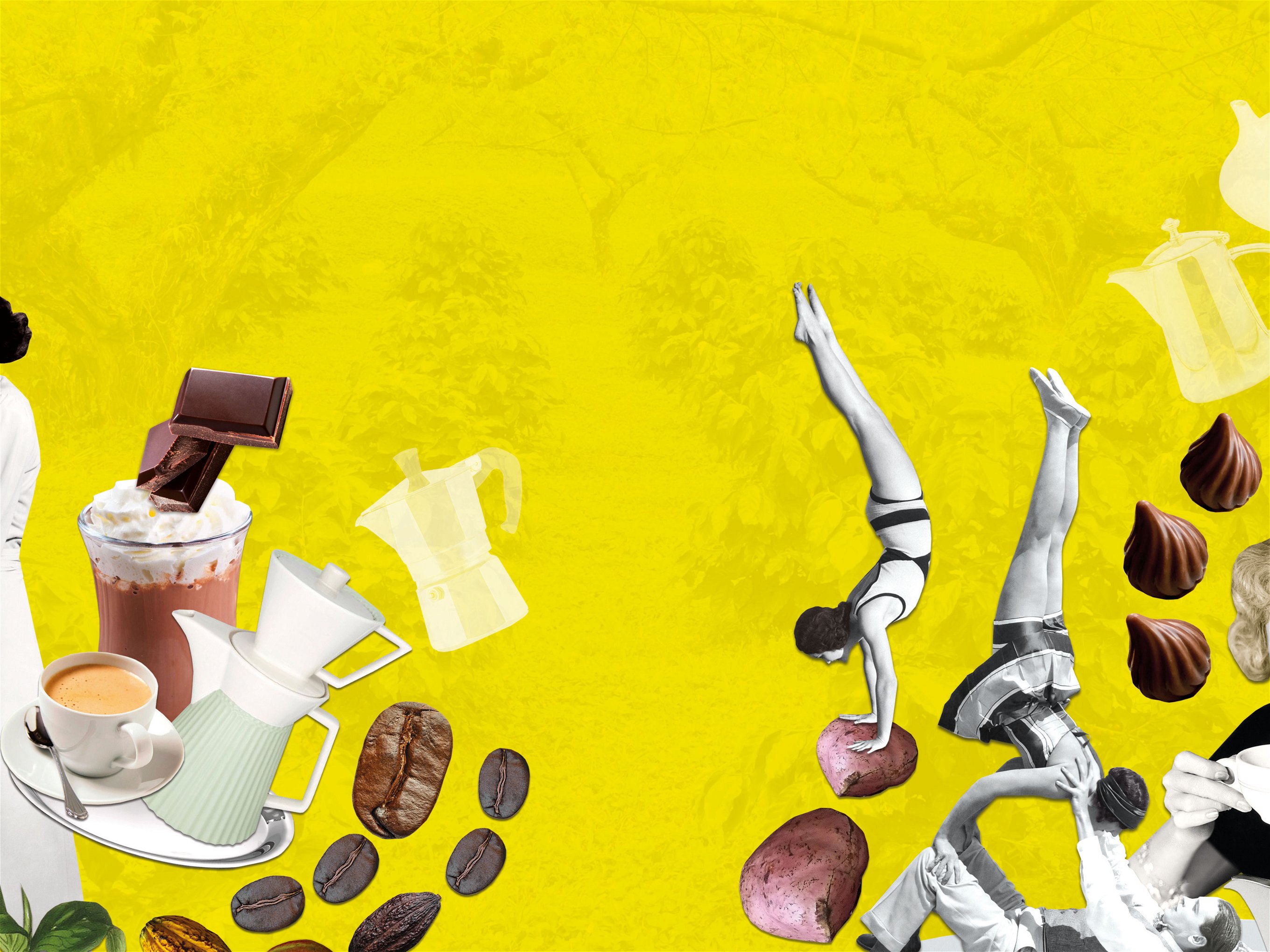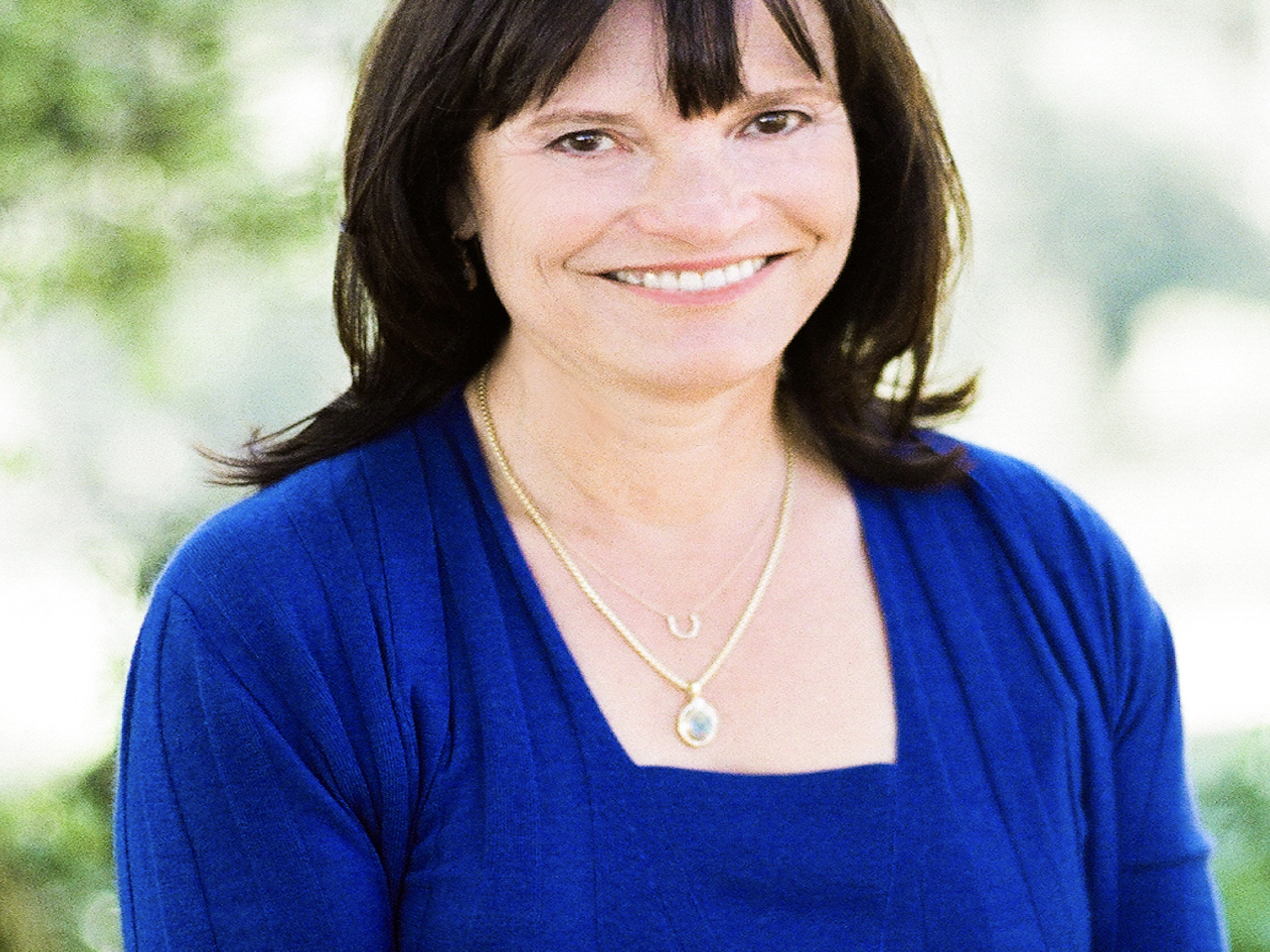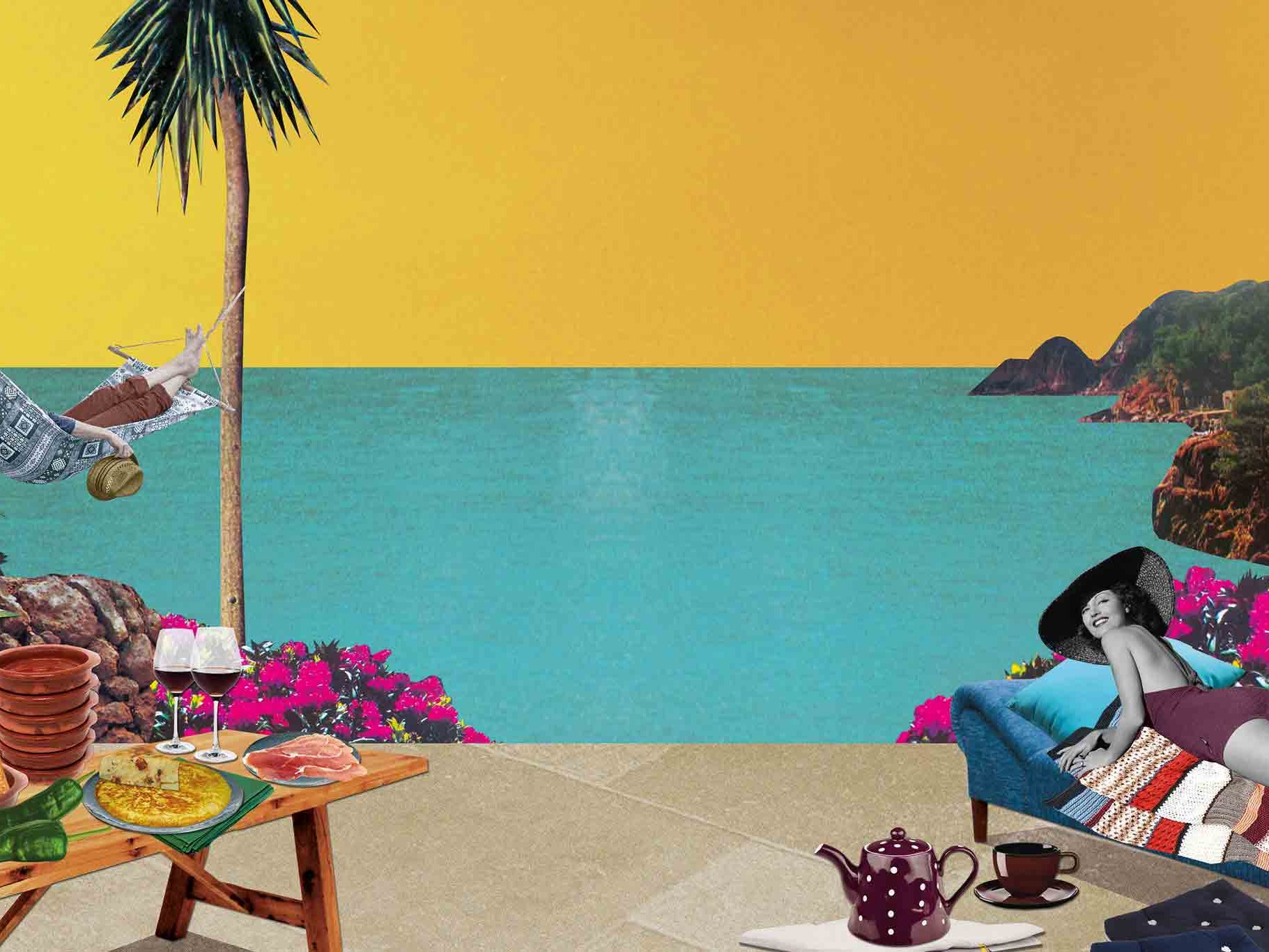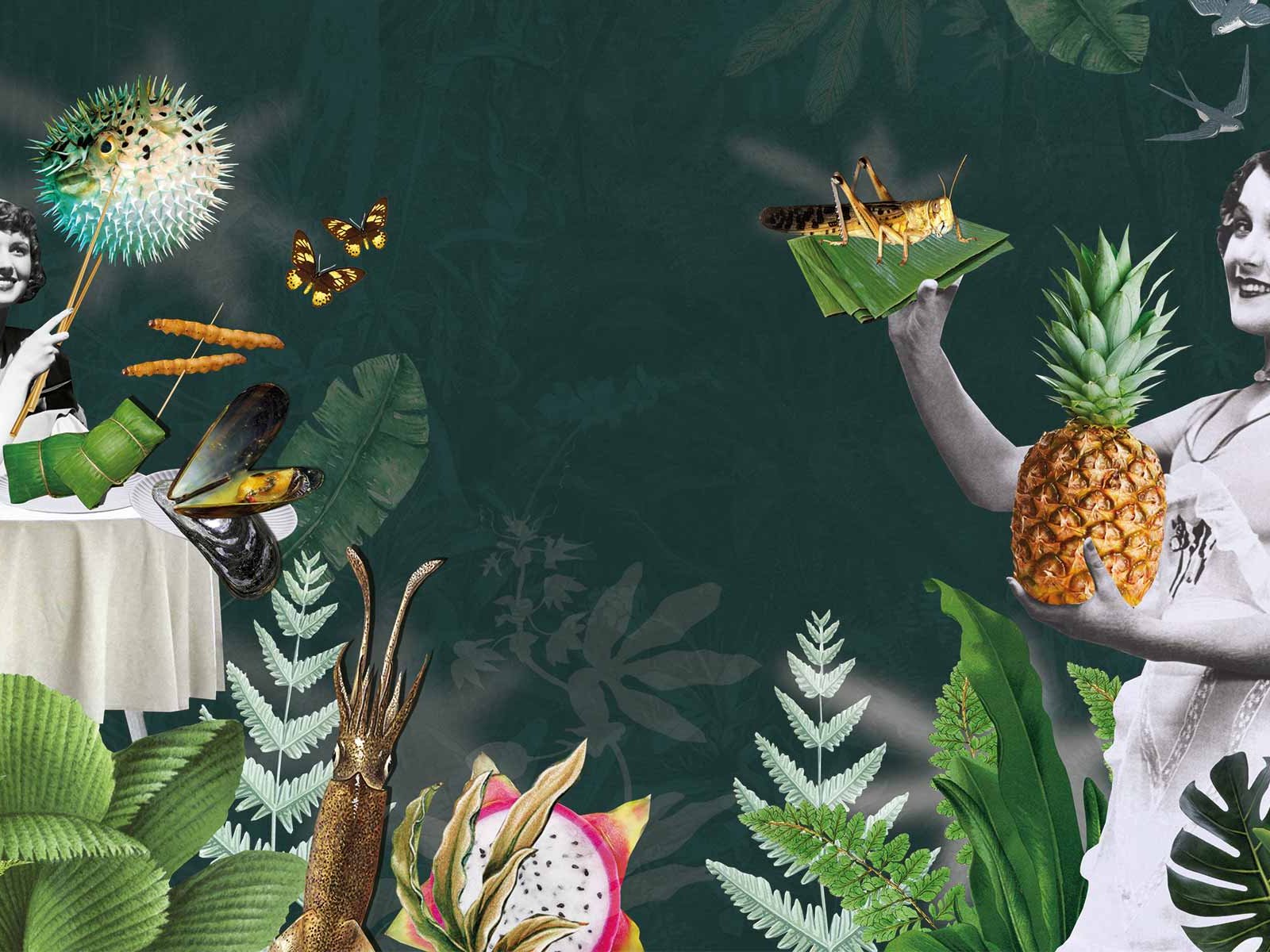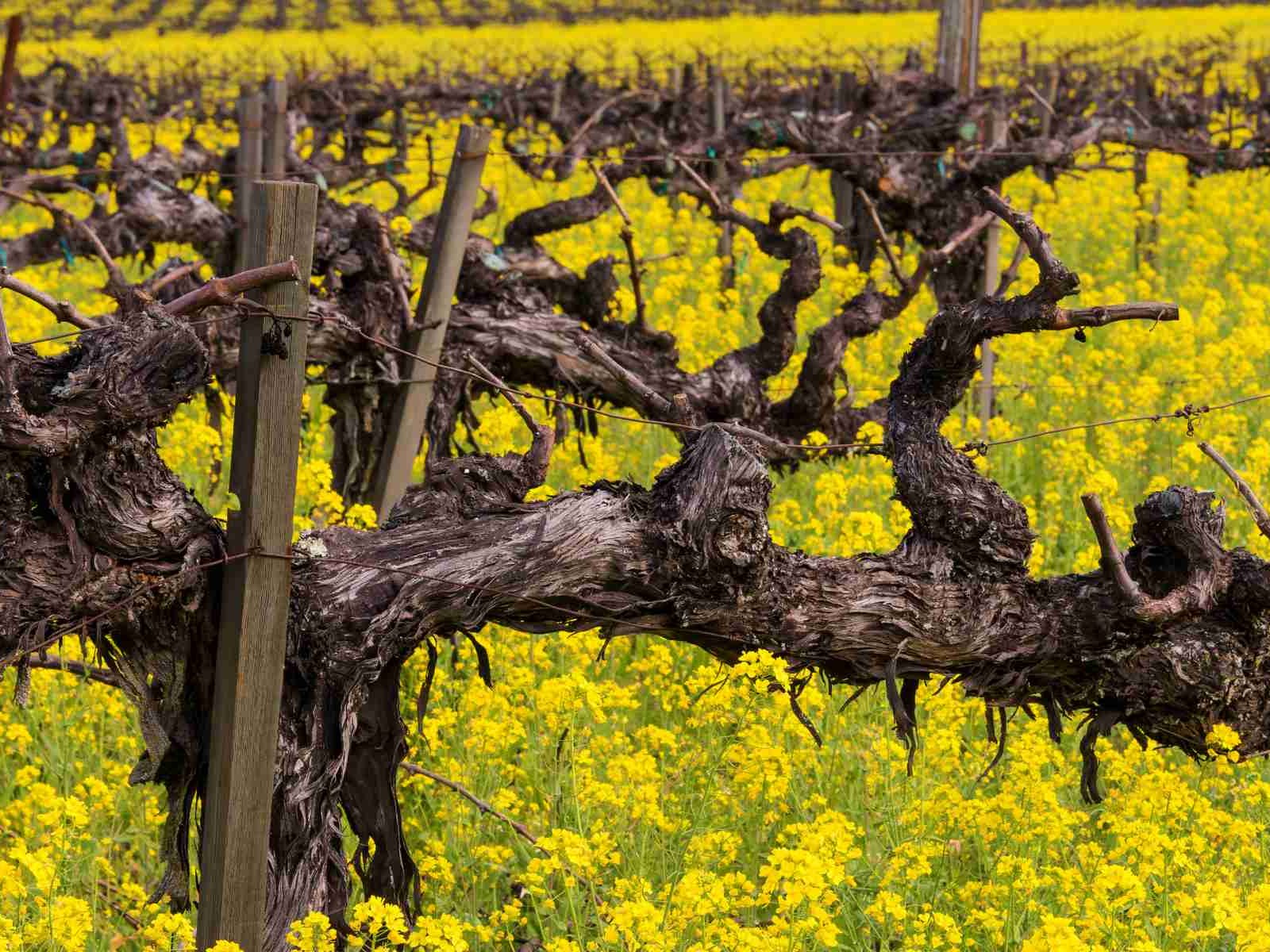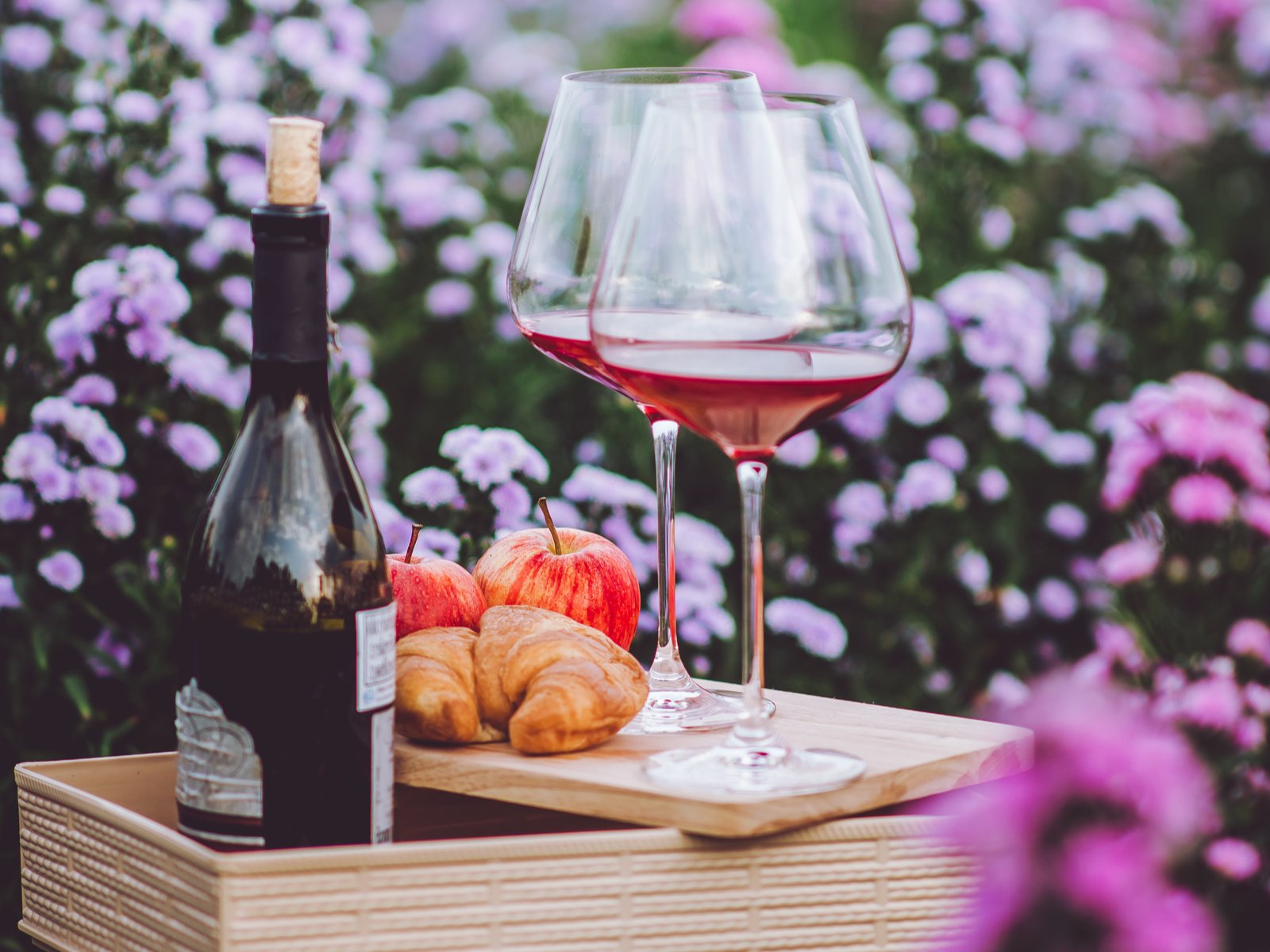Why We Should Be More Sentimental about Wine
Objectivity in wine has long been a thorny issue for professionals. Critics may score wines and pen flowery tasting notes, but the most pleasurable wines for you may well be personal.
The debate over whether it’s possible to objectively assess quality in a product so subject to personal taste is a lively one. The wine trade is built around an acceptance that professional buyers and experienced critics are perfectly capable, required even, to assess the quality of one wine in relation to others from the same region, grape variety, style or price point.
That’s an important service, but it doesn’t necessarily follow that the wines they pick out are the ones which will give you the most pleasure. What about that South African red which transports you straight back to the glorious light on the Simonsberg? Or the simple Muscadet that chimes so perfectly with your moules marinières?
Then there’s the wine that marked your engagement, the wine that sparks nostalgia for Sunday lunch with your grandparents, perhaps the first wine that made you really sit up and notice what was in your glass. If you’re sufficiently obsessed to have worked a vintage somewhere, then the wine from that producer will always catch your eye on a list more assertively than a grander name with no personal connection. Of course, it helps if the wine is reasonably good, but in each case it’s the emotional link that trumps prestige, expense or critical acclaim. No professional wine assessor, however talented, can hope to calibrate such personal resonance.
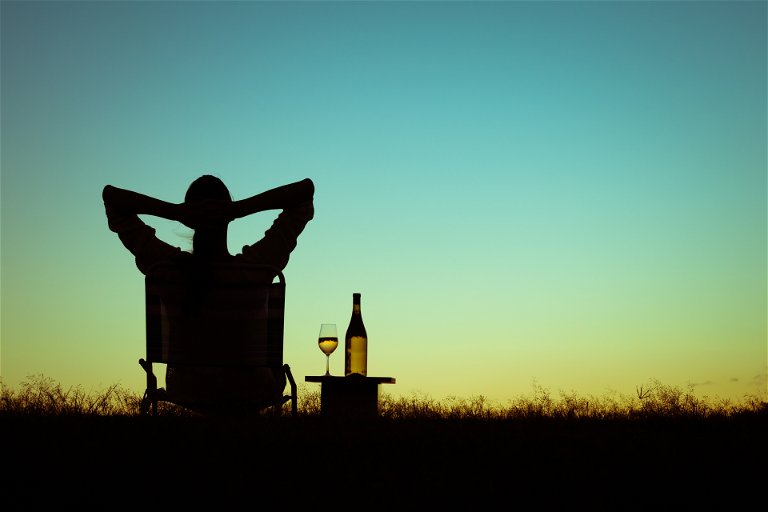
Worth bearing in mind too is the rarely discussed issue that it’s perfectly possible to score a wine very highly on the basis that it has been faultlessly made without wanting to dash out and buy a case for yourself. All elements may sit in impeccable balance, a blind taster would latch gratefully onto this glass as a classic expression of its region and yet it’s somehow difficult to fall in love with this objectively perfect specimen. There’s no soul, no individuality, no cracks to let the light in. If computers made wine, this would be it. We don’t demand perfection of our closest friends; in fact, they probably wouldn’t be so dear if they were faultless. Maybe the same woefully unscientific criteria also applies to our dearest wines.
Consider too that while some people certainly take comfort in drinking a wine they know is expensive or scored 100 points, for others it can impose a pressure of appreciation that ends up detracting from the wider occasion. Far better sometimes to have a familiar friend in your glass that whispers comfortingly during the meal rather than demanding to be centre of attention.
This sort of subjective, sentimental assessment tends to be far more accepted in other fields. Just think how many fashionable restaurants serve up only moderately refined renditions of favourite childhood dishes. Meanwhile music and art remain gloriously free from the tyranny of point scoring. Indeed, it would seem absurd to measure Bob Dylan against JS Bach. Professors of music and Nobel Prize committees are free to weigh up these artists’ talent, but it’s widely accepted that their appeal is as much a question of personal preference, never mind mood and occasion, as the inherent quality of composition.
But back to wine. It’s arguably possible to take the sentimental approach too far. To take a barely fictionalised example, if a family friend who makes wine in Oregon very kindly sends you a bottle as a wedding present, is it madness to stop your husband opening it until he’s visited the person and vineyards who made that wine? After all, as a Pinot Noir fan, he’s almost certain to enjoy the contents of his glass. Isn’t that enough? Or are you right to listen to that nagging concern that he’s missing a whole layer of deeper appreciation, the sentimental connection that makes this such a special bottle. God forbid he casually opens it while you’re away. It wouldn’t half sour the taste of that engagement wine too.


